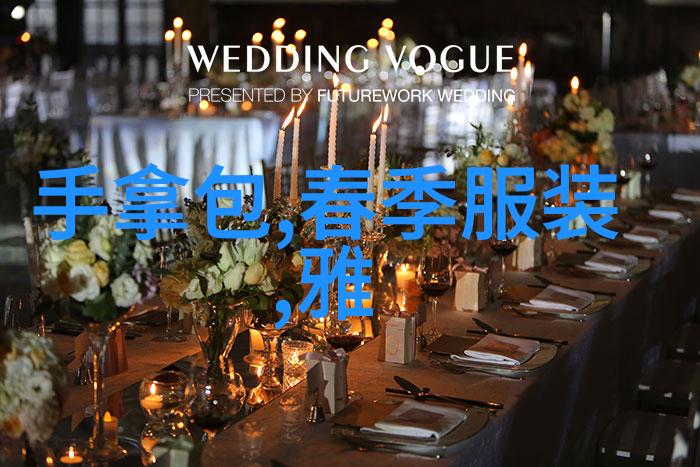Unraveling the Mystique of Antique Words and Phras
Unraveling the Mystique of Antique Words and Phrases in Retro English Literature

The allure of retro English, with its rich history and nostalgic charm, has captivated readers for centuries. The language itself is a treasure trove of antique words and phrases that transport us back to a bygone era. In this article, we will delve into the mystique surrounding these vintage expressions and explore their significance within the realm of literature.
A Glimpse into Yesteryear's Vocabulary

Retro English is not just about using old-fashioned words; it's an art form that requires a deep understanding of history, culture, and society. To truly appreciate the mystique behind these antique terms, one must first comprehend their origins.
For instance, take the word "whippersnapper," which refers to an impertinent young person who speaks or behaves rudely. This term emerged during World War I as a derogatory term used to describe young soldiers who were deemed too inexperienced or arrogant for their age. Similarly, "gadzooks" was once used as an exclamation akin to "good grief!" but fell out of favor after being associated with Puritanical sentiments.

Literary Giants Who Shaped Retrospective Style
One cannot discuss retro English without mentioning literary giants such as Charles Dickens and Jane Austen. Their works are replete with antiquated vocabulary that paints vivid pictures of life in 19th-century England.

Dickens' novels often feature characters like Mr. Pickwick from 'The Pickwick Papers,' whose innocence shines through his use of archaic expressions like "by Jove" (an oath meaning God) or "the Lord have mercy on us!" These phrases add depth to his character while also providing insight into Victorian social norms.
Austen's works offer similar insights into Regency-era society through her employment of quaint phrases like 'tis but a trifle' (meaning it doesn't matter) or 'I am quite at your service.' Such expressions reveal Austen's mastery over language while offering glimpses into societal etiquette during her time.

Modern Authors Embracing Retro Elements
While traditional authors continue to weave ancient words into their narratives, modern writers are also finding ways to incorporate vintage elements in contemporary contexts.
Consider Neil Gaiman's 'American Gods,' where he uses retold myths from various cultures including those from England in order to create new stories filled with mystical characters speaking dialogue peppered with period-specific idioms such as “Ah dear me” instead using more common American slang today: e.g., “Oh my god.”
In another example from recent times we see George R.R Martin’s epic fantasy series Game Of Thrones employs both historical accuracy when describing places like Winterfell Castle built by early Norman settlers following William The Conqueror’s victory at Hastings Battle whereas employing linguistic devices derived directly from medieval times adding authenticity throughout each chapter written primarily in Standard British English yet sprinkling Old West Riding dialects mixed-in amongst them creating immersion effect among readers making this world feel even more real than before possible due largely because they did not shy away incorporating what they call colloquialisms — informal speech patterns unique localities — native speakers employ daily conversations.
In conclusion:
Unraveling
A glimpse
Literary giants
Modern authors embracing retro elements